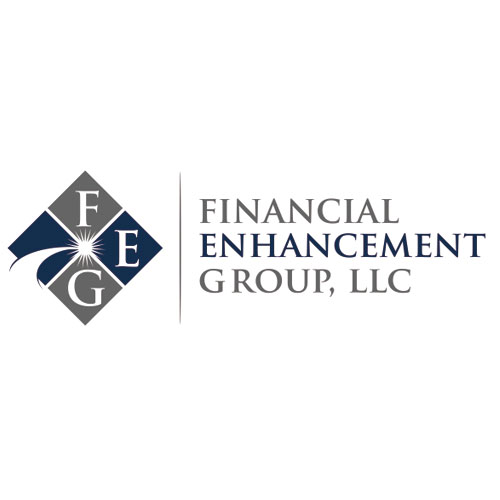[vc_row][vc_column width=”1/4″ offset=”vc_hidden-xs”][vc_widget_sidebar sidebar_id=”sidebar-main”][/vc_column][vc_column width=”3/4″][vc_column_text]
In a world where few topics are off-limits, money remains a sacred subject often deemed “private.” We guard our incomes, investments, savings and tax returns from the eyes of others, including family members. Consequently, we can miss out on opportunities to minimize taxes and make our hard-earned dollars go farther. The stock market will continue to rise and fall but when you send a check to the IRS it rarely comes back. Planning around your tax return is helpful but leveraging other family member’s tax opportunities can really make a difference.
Let’s pretend we have a son whose income places him in a higher tax bracket. Remember that tax brackets range from 10 to 39.6% – a substantial span. The son’s mother is retired and drawing Social Security. She earns a little income occasionally and is in the 15% tax bracket. The son also has a couple of working kids who are in lower brackets.
If this family openly discussed money, many opportunities would quickly present themselves. Most families enter retirement with just one type of asset. Either the account is fully tax-deferred in a 401k or IRA or the family sold a business and all proceeds have been taxed. Ideally, assets are structured so that a nest egg includes some money that has already been taxed, some tax-deferred investments and some in a Roth or tax-free structure. This type of approach supports optimal tax efficiency.
Let’s assume the afore-mentioned son was smart enough to have the three types of accounts described above and that he communicates with his mother and children. For example, consider that mom gives regularly to churches and charities but receives no tax deduction for this generosity because she can’t itemize. However, her son can itemize and get a tax deduction for every dollar he gives to charity. It would be more advantageous for mom to give her son cash and have him make the contributions leveraging his ability to itemize. Everyone wins except the IRS.
Mom has some earned income and the son would like a Roth IRA but doesn’t qualify to contribute. The son can gift his mother up to $14,000 a year and mom can put up to $6,500 (or all of her earned income if less) in a Roth IRA naming the son as beneficiary. The son shouldn’t give mom a check for the Roth contribution but rather appreciated stock that is in the taxable account. Mom can sell the stock and because she is in the 15% tax bracket, pay no taxes on capital gains. Presto! We saved the capital gains tax, increased what the charity received if the son added the amount provided by the tax deduction and now the son has an inherited Roth IRA that he will receive in his retirement years when he needs it.
There are many more strategies the son could use with his children. The point is to discuss tax opportunities available to you and your family.
Tax advice provided by CPAs affiliated with Financial Enhancement Group, LLC. Disclaimer: Do not construe anything written in this post or this blog in its entirety as a recommendation, research, or an offer to buy or sell any securities. Everything in this post is meant for educational and entertainment purposes only. I or my affiliates may hold positions in securities mentioned in the blog. Please see my Disclosure page for full disclaimer.[/vc_column_text][/vc_column][/vc_row][vc_row][vc_column offset=”vc_hidden-lg vc_hidden-md vc_hidden-sm”][vc_widget_sidebar sidebar_id=”sidebar-main”][/vc_column][/vc_row]



